Advertisement
The best way to prevent others from getting sick
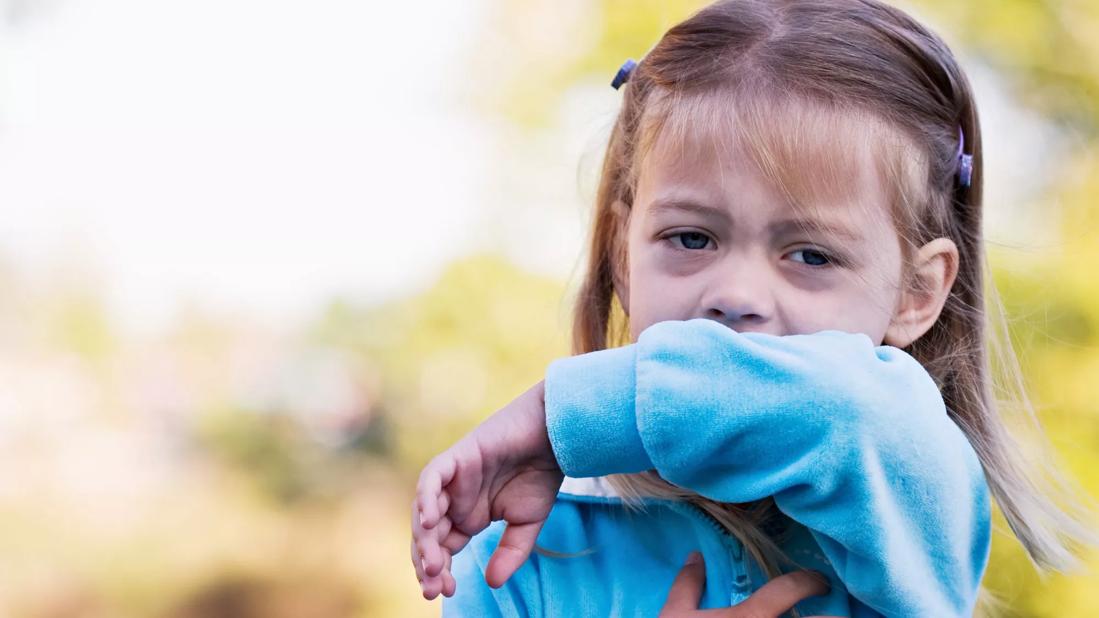
If there were ever a perfect time to practice good hand hygiene and cough etiquette, it’s now. We’ve been locked in this pandemic for over a year and we’re all keenly more aware than ever before just how easy it is to spread germs.
Advertisement
Cleveland Clinic is a non-profit academic medical center. Advertising on our site helps support our mission. We do not endorse non-Cleveland Clinic products or services. Policy
Before coronavirus, it was normal to go to work or school with a mild cough or runny nose. But these days, the slightest sniffle is bound to raise alarm from those around you.
Here’s what you need to know if you find yourself coughing or sneezing around others.
If you’re feeling under the weather, the most important thing you can do is stay home and avoid carrying your germs to school, work or anywhere else. If you’re already in public and find yourself coughing or sneezing, it’s critical that you wear a face mask (but you already knew that and were wearing one, right?).
A face mask is going to reduce the rate of your respiratory droplets going out into the open air and reaching and infecting others. It protects both yourself and those around you.
Don’t like the feeling of coughing or sneezing into a wet mask? Always travel with a few spare face masks to swap out.
Typical cough etiquette without a face mask includes the guidelines below and should still be practiced at home (even from people who are fully vaccinated):
“When you cough into the air, you can actually send germs as far as 3 to 6 feet in front of you,” explains infectious disease specialist Frank Esper, MD. “And if you cough into your hands, you could transfer germs from place to place when you touch something else.”
Serious respiratory viruses are commonly spread by unclean hands and touching your face after touching contaminated surfaces. So it’s incredibly important to wash your hands and to always cover up your cough or sneeze, preferably with a face mask.
Keep these additional hygiene etiquette tips in mind:
And again, if you’re feeling under the weather – please stay home (or keep your kids home from school). You’ll be doing your part to slow the spread of colds, the flu and COVID-19 if you just stay home and rest.
When in doubt, it’s best to err on the side of caution, especially if you’ve been in contact with someone who has already been sick. Stay home from school or work and call your doctor ahead of time before going in for an appointment.
Flu symptoms can include:
COVID-19 symptoms can include:
Advertisement
Learn more about our editorial process.
Advertisement

Enteroviruses are often to blame for summer colds, leading to a runny nose, sore throat and digestive symptoms

Any large social gathering — from a family birthday party to an indoor music concert — has the potential to spread serious infection
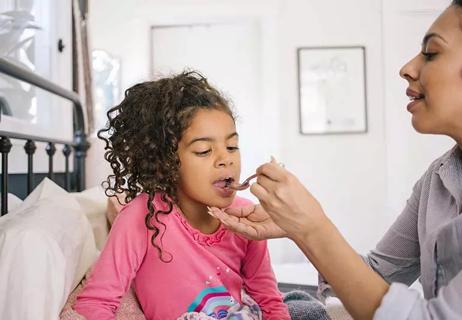
Kids under 4 shouldn’t use cough and cold medicine — older kids may or may not benefit
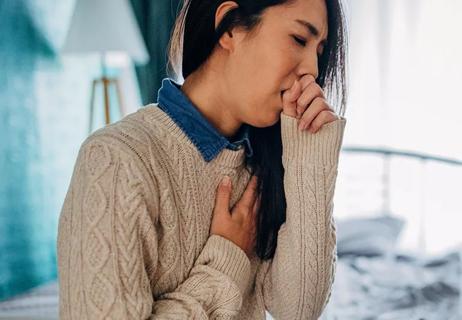
A couple essential oils may be used with caution, but there are safer and more effective options
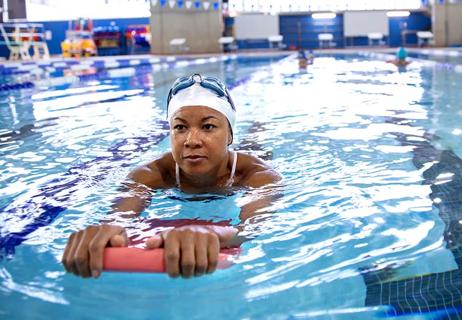
Germ-killing chemicals in the water can lead to respiratory issues

ACHOO syndrome is your trigeminal nerve’s exaggerated response to bright light
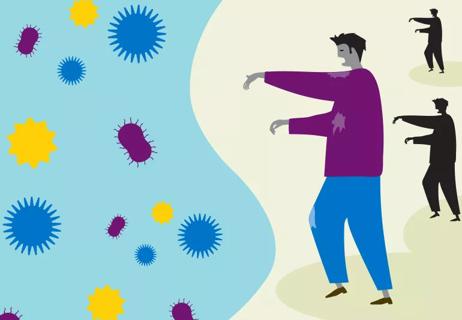
The concept of infection is rooted in scientific truth

Taking a warm shower before bed and drinking warm liquids throughout the day can help

Focus on your body’s metabolic set point by eating healthy foods, making exercise a part of your routine and reducing stress

PFAS chemicals may make life easier — but they aren’t always so easy on the human body

While there’s little risk in trying this hair care treatment, there isn’t much science to back up the claims